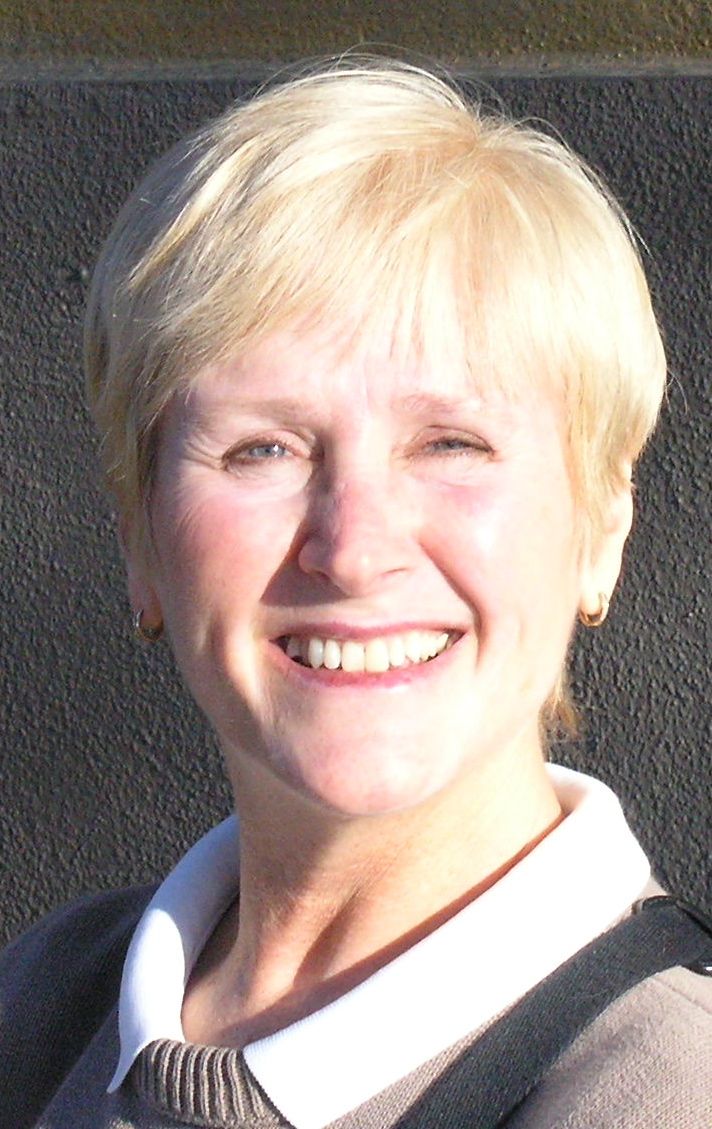 I HATE TO SAY IT, but my father-in-law lives in the realm of the Sunk Cost Fallacy.
I HATE TO SAY IT, but my father-in-law lives in the realm of the Sunk Cost Fallacy.
Retired more than 30 years, he continues to chip away at one of his stated goals for his retirement: Read the classics!
An admirable goal, to be sure. But realistic? Let’s just see:
If I know him, he began his quest systematically. Unfortunately, he must have referred to the Deliberately Daunting List of Recommended Reading. Or maybe it was the Erudite Compendium of Works Snooty People Claim to Be Knowledgeable About.
In any event, naive and enthusiastic, he embarked on his mission with “Anna Karenina”; I think that must have been in 1985.
Now at 93, he’s been slogging away at it ever since with the grim determination of a Civil War soldier in the winter of 1861: Keep moving or die. No matter how dense or complex or tedious or thankless.
Must. Keep. Reading.
He actually finished “Anna Karenina” recently — or claims to have finished it. Then, alleging that it was a good read, he pushed it off on me!
To be polite, I began thumbing through the pages in his presence.
I found that contrary to popular myth, the book is not 800 pages of singled-spaced, tiny-font drudgery; it is only 754 pages!
The last 46 pages constitute End Notes provided to assist the reader with such things as the myriad Biblical references, the Russian method of nomenclature — FYI, they use both their Christian first names and the patronymic “son of” (-yevitch) or “daughter of (-yevna) combined with the father’s first name — and of course translations of Italian arising from multiple allusions to certain operas. For example.
This is not to mention my father-in-law’s own handwritten notes, stuffed in at page 512 where he must have become so bogged down that he felt compelled to create a sort of family tree in order to track the cast of characters: “Dolly (Darya Alexandrovna) is Stepan’s wife,” he wrote. “Anna is Stepan’s (Stepan Arkadyfuitch’s) sister. Anna is Alexei’s (Alexei Alexandrovitch Karenin’s) wife.”
But even this effort trails off into fractured and cryptic scribbling: “Brother of Levin * Princess Tverskaya (Betsy).”
Oh goody.
This formidable tome opens with a biography of Tolstoy prefacing a timeline of events, 1828 to 1910, titled, “The World of Leo Tolstoy and Anna Karenina,” followed by a 15-page introduction in which we are told that like Tolstoy’s life and his novels are “expansive, complex, ambiguous (and) profound.”
OK, I say. Well done, Mr. Tolstoy. Good for you.
Bad for those who labor under the Sunk Cost Fallacy.
The Sunk Cost Fallacy of thinking says that when we invest time, money or effort into something, we don’t like to see that investment go to waste, even if the task or goal is no longer worth the cost. Ahem.
Or, as Nobel Prize-winning psychologist Daniel Kahneman explains, “We refuse to cut losses when doing so would admit failure; we are biased against actions that could lead to regret.”
That’s what bothers me about “Anna Karenina” and the fact that my beloved father-in-law is the one who put her into my hands: He wants me to read it, and I might be a Sunk Cost Fallacy kind of thinker, too.
Pretty sure that’s why I ate all that expensive escargot that time even though, as an Oklahoma girl, I knew it really did taste like dirt.
Sunk Cost Fallacy also would explain why I keep watching “Love It or List It” in spite of the fact that those snarky people are enormously irritating.
I’m afraid I’ll start “Anna Karenina” because I want to please my husband’s father, and then I will have to keep reading it until one of us — the book itself or I — crumple into a musty heap of desiccated dust.
How do you cut and run on a classic you’ve told a sweet man you’ll read?
Is there a point of no return with Tolstoy?
But OK. Here we go — Part One, Chapter 1: “Happy families are all alike; every unhappy family is unhappy in its own way.”
Oh no … he’s off to a pretty good start. What am I supposed to do now? Quit in the middle?!
Carolyn Plath is a Benicia resident and retired high school principal. Read her blog at thinkdreamplay.blogspot.com.






Leave a Reply